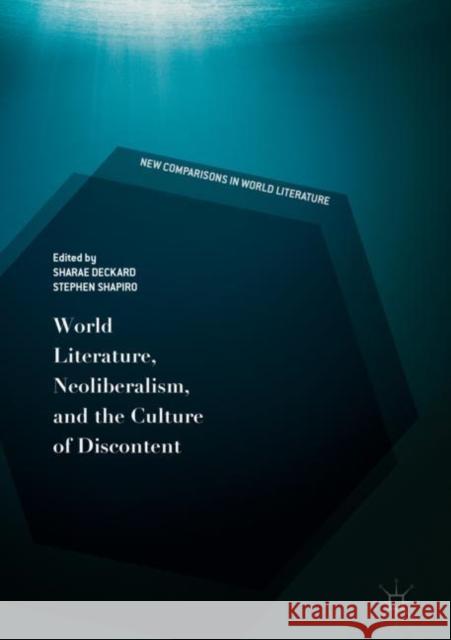World Literature, Neoliberalism, and the Culture of Discontent » książka
topmenu
World Literature, Neoliberalism, and the Culture of Discontent
ISBN-13: 9783030054403 / Angielski / Twarda / 2019 / 269 str.
Kategorie:
Kategorie BISAC:
Wydawca:
Palgrave MacMillan
Seria wydawnicza:
Język:
Angielski
ISBN-13:
9783030054403
Rok wydania:
2019
Wydanie:
2019
Ilość stron:
269
Waga:
0.49 kg
Wymiary:
21.01 x 14.81 x 1.75
Oprawa:
Twarda
Wolumenów:
01
Dodatkowe informacje:
Wydanie ilustrowane











